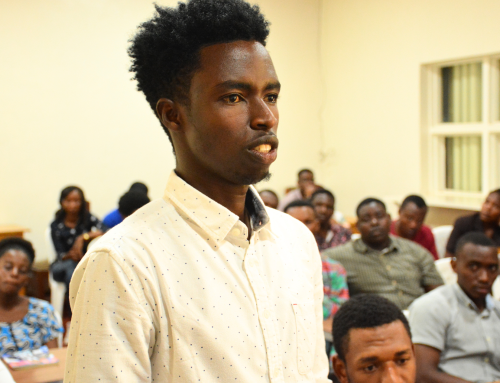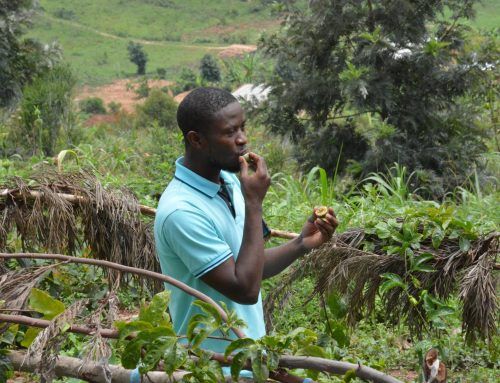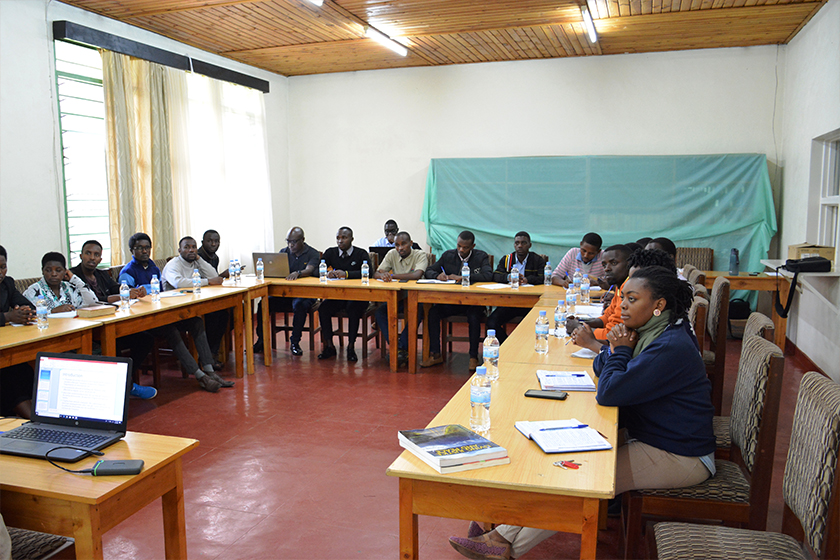
The building of social consciousness through formation on Catholic Social Teaching is an initiative by Jesuit Urumuri Centre since 2017, intended to inform the public on what the Church has to say about different issues affecting the world, in an effort to help them make decisions based on the promotion of the dignity of human life, justice and the common good for all. This workshop, the first of the year, was run from the 13th to the 15th of March 2020 at the premises of JUC and assembled youth from universities; INES Ruhengeri, UR-CAVM Busogo and UR-IPRC Musanze.
The workshop was organized as an intensive go through, of the principles and general outlook of the Catholic Church on social problems and challenges that the world has faced for centuries. It is an important endeavor for the youth, as they are vulnerable to many of these challenges, some of which include injustice, poverty and unemployment, but most importantly, because they are the future leaders of the world.
The training covered topics such as Historical Development, Principles and themes of Catholic Social Teaching, the overall underlying message being that of respect and dignity for all human life and the common good for all. As highlighted by Father Patrice Ndayisenga SJ, with whom the students had their first session, all decisions should be made with the consideration of what importance they have to the society as a whole and not the importance to individual self.
The principles of Catholic Social Teaching, some of which are dignity for all human life, solidarity and option for the poor and vulnerable, are derived from different documents and letters written by the Church’s magisterium over the years. According to Mr. Julien Rugaba, a speaker during the training, the encyclical Rerum Novarum by Pope Leo XIII which addressed unfair working conditions for industrial workers in the late 19th Century, marked the beginning of these teachings. That was followed by several other encyclicals that addressed different challenges that human beings faced, with the most recent being Laudato Si’ by Pope Francis which addresses the church’s concern over the environment and global warming.
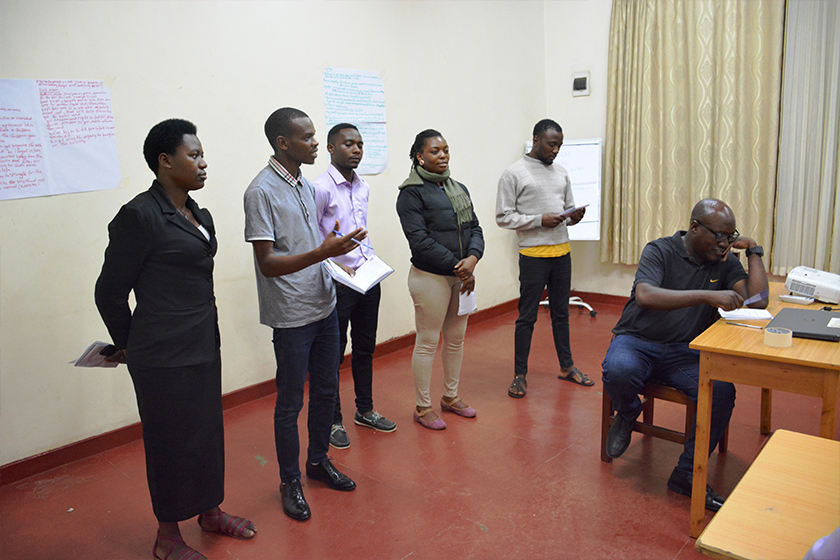
Uwizera Pelagie, a student from INES Ruhengeri remarked that she was pleased to know of the existence of Encyclicals as she will consult them in all her life decisions moving forward.
Mr Aaron Ndamyumugabe, a speaker at the training, reminded participants that the Catholic Social Teachings are rooted in the gospel, before going over themes found in the teachings which include; the environment, economy, human rights, family and politics. Participants’ fascination with the subject of politics had Mr Aaron correct the general assumption that Christians shouldn’t participate in politics; saying that the Church instead encourages Politics as long as persons involved promote the common good for all.
Jean Paul Nyirimpuhwe, a student from UR-IPRC Musanze had this to say on the theme of family “I learnt the importance of family in the Catholic Church; that I was born within a family (God the father, the son and the Holy Spirit) and to a family (father, mother, siblings). Human development is achieved through the existence of Peace, but peace needs to be established in the family first; there can be no development without peace in the family. I learnt that I was in a family right from the moment of conception and will be in one until death, therefore I should work towards attaining peace in the family”
As the workshop neared the end, student participants had an opportunity to satisfy their curiosities during a question and answer section with speakers. Their collective concern however, was that these important teachings are centralized thus cannot reach everyone, which Father Patrice responded to by encouraging them to pass the teachings on in their communities adding that this was one of the main purposes for organizing these workshops. This was echoed by Mr Julien, who added that the future is depending on the youth of today.
The training concluded with the screening of a documentary on the life of human rights and Social justice champion, St Oscar Romero (Bishop and Martyr).
Similar trainings are scheduled to take place in the coming months bringing together Catholic communities from other University Campuses across the country.
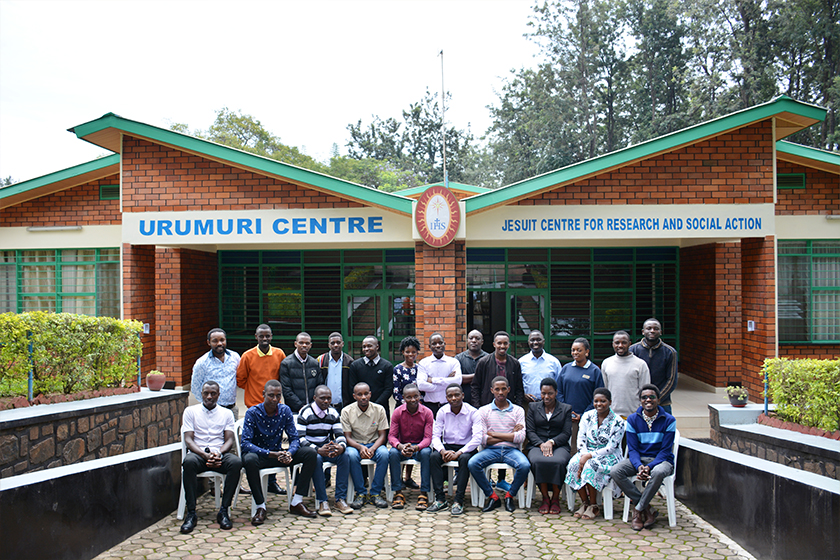
By Henriette Mushimiyimana









